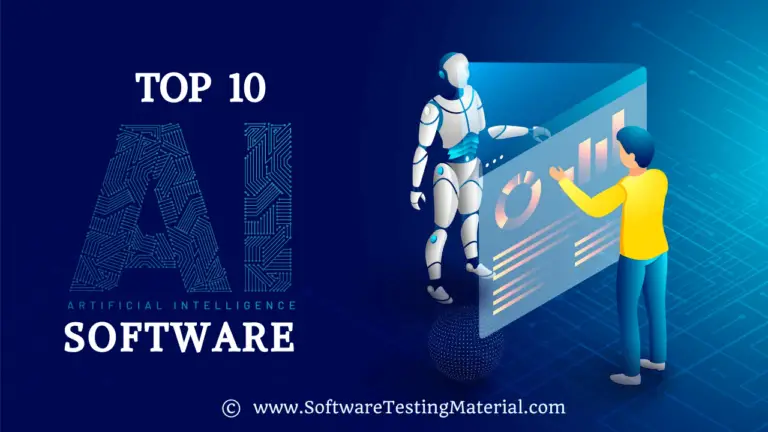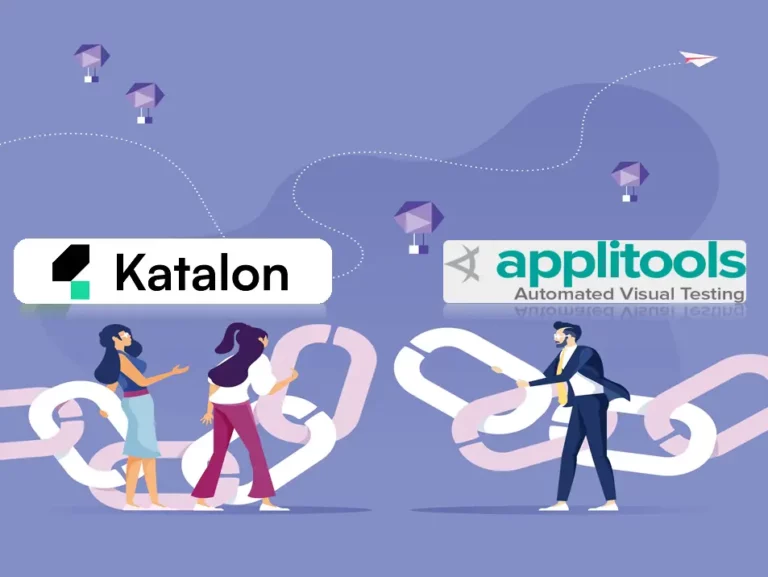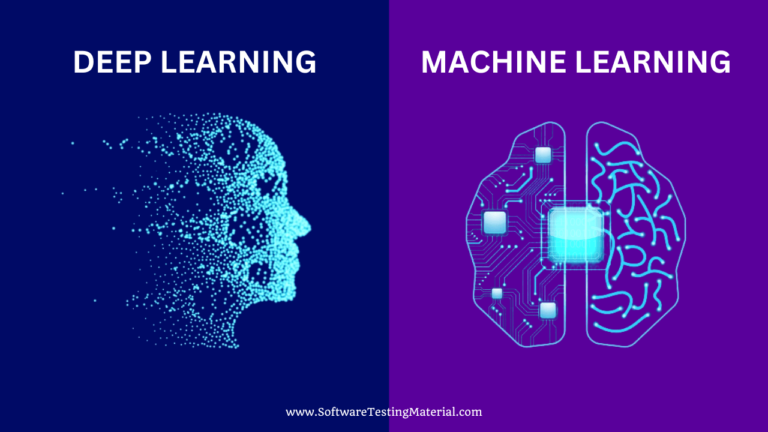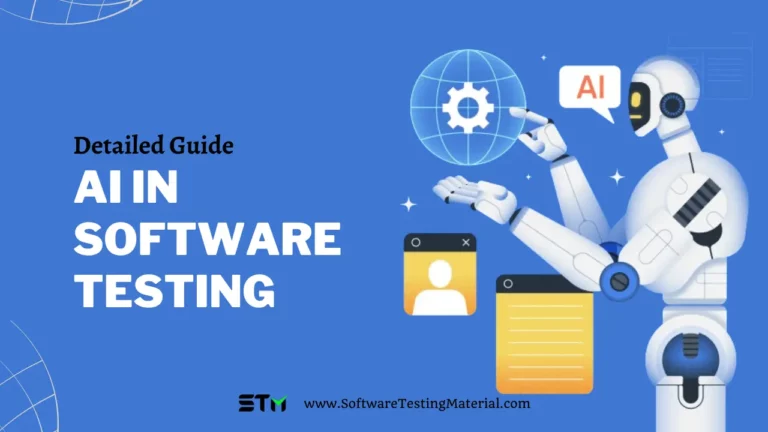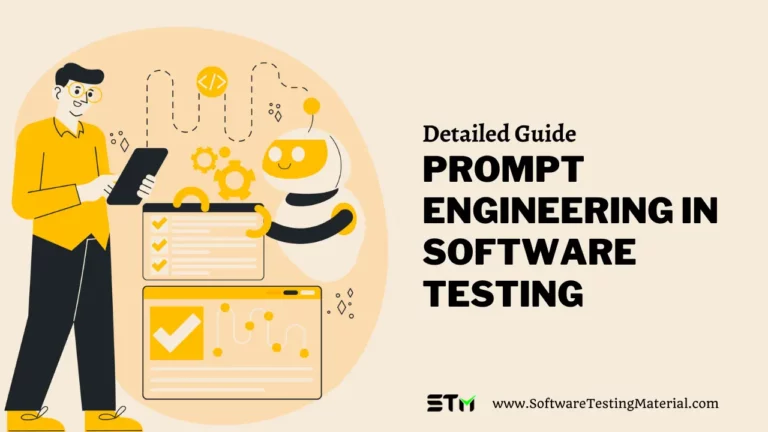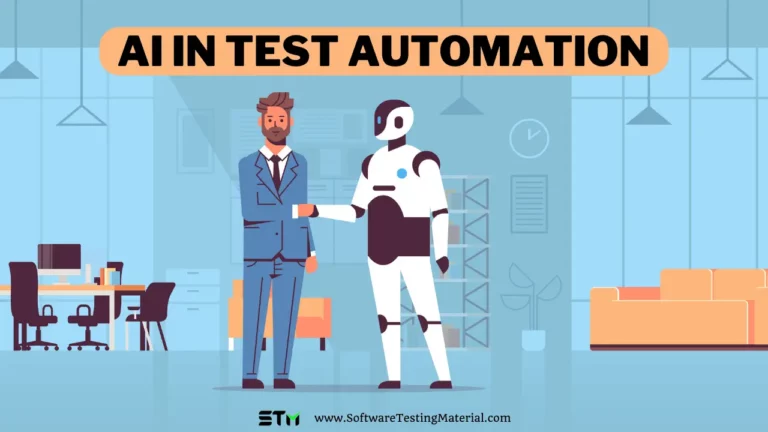Best Ways to Build a Career in Artificial Intelligence
Pursuing a career in Artificial Intelligence (AI) positions individuals at the forefront of technology and innovation, where they can shape future technologies and solve complex problems across various industries.
Artificial Intelligence (AI) is about making computers and robots smart, so they can solve problems like humans do. It’s a cool area to work in because it’s always changing and you get to be creative, making things like smart assistants or self-driving cars.
People who work in AI help make technology that can do amazing things, from helping doctors diagnose diseases better to making games more fun to play. If you like the idea of working with the latest tech and coming up with innovative solutions, a career in AI could be really exciting and rewarding.
AI professionals are instrumental in developing systems that can mimic human intelligence, improve efficiency, and drive economic growth. The field offers diverse roles, from research and development to ethics and policy-making, demanding a combination of technical skills, creativity, and ethical consideration.
Some of the top thought leaders like Bill Gates, and Mark Cuban predict that the future of work revolves around AI.
Most of the top companies are looking for the brightest and the best and are willing to pay lucrative salaries.
The growth of AI has increased the demand for talented professionals to help solve business challenges.
There are many jobs in artificial intelligence but there is a significant shortage of professionals with required skills.
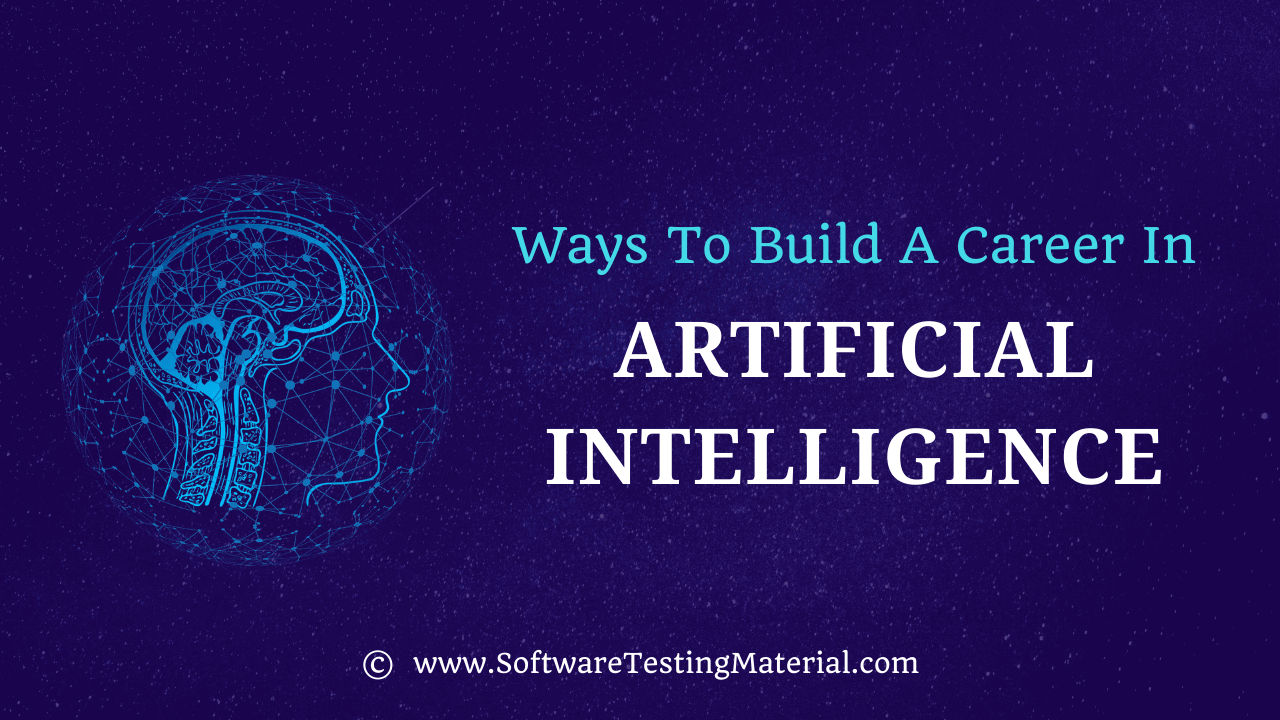
What is Artificial Intelligence (AI)?
Artificial intelligence (AI) sometimes called machine intelligence is a wide-ranging branch of computer science that refers to the simulation of human intelligence in machines that are programmed to think and act like humans. AI is smart enough to perform tasks that are more complex and typically require human intelligence.
As per Wikipedia, the term “Artificial Intelligence” is often used to describe machines or computers that mimic “cognitive” functions that humans associate with the human mind, such as “learning” and “problem-solving”.
Artificial intelligence is being used in different types of applications across different industries like military, cybersecurity, healthcare, video games, finance, transportation, manufacturing, energy, farming, economics, etc.,
Some examples of Artificial Intelligence are Siri (Apple’s assistant), Tesla (Self-driving cars), Uber (navigating routes), Computers that play chess, etc.,
Must Read: Best ChatGPT Alternatives
There are 3 types of Artificial Intelligence:
Artificial Narrow Intelligence (ANI) aka Weak AI – Machine learning – Specialises in one area and solves one platform – Narrow Capability – Present – Better than humans in one specific task (e.g. autonomous driving)
Artificial General Intelligence (AGI) aka Strong AI – Machine Intelligence – Refers to a computer that is as smart as a human across the board – General Capability – Future – Capable like humans in every task
Artificial Super Intelligence (ASI) aka Strong AI – Machine Consciousness – An intellect that is much smarter than the best human brains in practically every field – Transcendent Capability – Possible – Better than humans in every task
How to Get Started Career in Artificial Intelligence
You can start your career in AI as a newbie to the field, a programmer, or a working professional in data science.
If we take a look at leading job portals, we can find that many companies are looking for an individual who acquires a master’s or doctoral degree in Computer Science or Mathematics or Engineering or Artificial intelligence, with communication skills, and with strong backgrounds in programming languages such as Java, Python, and Scala.
Some other technical skill sets that can be counted as an added advantage are experience with cloud applications such as Microsoft Azure; Big Data technologies such as Hive, Hadoop, Pig, MapReduce, Aster, Spark; statistical computing languages and programming languages such as .Net platform, C# / C++, Java, Python, Scala, TensorFlow, design patterns, scripting; data exchange technologies like JSON; experience in data warehouse design, data mining, SQL queries, and SQL Server Integration Services and background in machine learning in speech or language/text/dialog-processing fields.
Finally, communication skills play an important role in AI because it involves explaining certain critical tasks.
Top Careers in Artificial Intelligence:
- Machine Learning Engineer
- Machine Learning Researchers
- Data Scientist
- Business Intelligence Developer
- Research Scientist
- Big Data Engineer/Architect
- AI Engineer
- Data Mining and Analysis
Companies Hiring Artificial Intelligence Roles?
According to the job site Glassdoor, the average AI job commands $111,118 annually. According to LiveMint, the average AI job command in India is Rs. 14.3 lakhs across all experience levels. AI Professionals earn a salary of 0-20 lakh, 0-50 lakh, and 0-1 crore per annum for 2-4 years, 4-8 years, and 8-15 years respectively. Demand for AI has increased and organizations need professionals who have knowledge in AI. Some of the leading employers who are looking for AI talent are as follows:
Some of the leading organizations that employ the maximum number of AI professionals in India and other countries are
- Amazon
- Microsoft
- NVIDIA
- Tech Mahindra
- Intel
- Samsung
- Lenovo
- IBM
- Accenture
- AdobeOracle
- Uber
- Wells Fargo
- PCO InnovationPramerica
- Jaguar Land Rover
- Fidelity Investments
- Aon
- Globoforce
- Capgemini
- Cognizant
- Fractal Analytics
- Societe Generale
- SAP Labs
- 24/7 Customer
- Atos
Conclusion
Building a career in Artificial Intelligence (AI) offers a promising path, blending specialized knowledge with practical experience. To delve into AI, mastering fundamental subjects like mathematics, statistics, computer science, and programming is crucial to grasping AI principles. Combining this theoretical foundation with hands-on projects, internships, and engagement in open-source communities enhances practical skills and expands networks in the AI industry. Continuous learning and staying updated on the latest advancements are key to remaining a valuable asset in this rapidly evolving field. By focusing on these strategic methods, aspiring AI professionals can chart a solid career trajectory that not only aligns with current technological progress but also positions them to influence the future of AI innovation.
Related posts:
- Best Artificial Intelligence Tools
- Best AI Testing Tools
- Automation Testing Interview Questions
- Manual Testing Interview Questions
- Software Testing Detailed Guide

